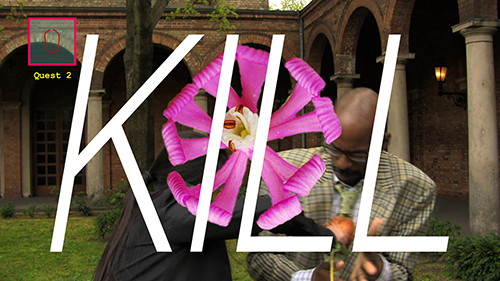

Appropriate rest periods need to be given.Courses and event arenas should be designed to be safe and appropriate for the experience and fitness of the donkeys concerned.Appropriate risk assessments and contingency planning should be in place to protect donkeys, staff and general public.The attending public should be made aware of how they can assist in ensuring the donkeys are willing participants and are not caused any distress through appropriate public address and programme messages.An equine veterinary surgeon should be in attendance or on duty (with prior knowledge of the event).A member of the planning team designated as responsible for donkey welfare should be known to all those attending and able to make changes to the event at any time if they identify that animal welfare might be compromised.All donkeys should be appropriately trained and suitable for the event.

It is a good idea to contact the licensing authority if there are any questions or concerns. Confirm who is the licensing authority and the date of licensing.Ask to visit the premises where they are kept and meet the donkeys. Contact the operator before the event to discuss in detail how the welfare of donkeys will be ensured.Priority should be given to the welfare of participating donkeys.The following are general recommendations. The inspection covers an assessment of all of the animals, including their capability to undertake the work required of them, along with their overall care and management. Licences are issued or denied by the local authority only after inspection by a registered veterinary surgeon. This includes beach donkeys or elsewhere and those used for donkey derbies. It is therefore recommended that all parties are aware of the relevant information in the references that are provided at the end of these guidelines to ensure compliance with all legislation and that the welfare of any animals involved is assured.īusinesses that keep donkeys for the purposes of being let out on hire for riding are required to be licensed by their local authority. In some circumstances those commissioning the use of animals may share in this duty of care. This includes any person who may be in direct control of the animal as well as the owner. Included was the requirement that a person responsible for an animal has a duty of care to provide for that animal’s needs. In 2006 England and Wales introduced legislation to protect the welfare of animals (Animal Welfare Act 2006).


 0 kommentar(er)
0 kommentar(er)
